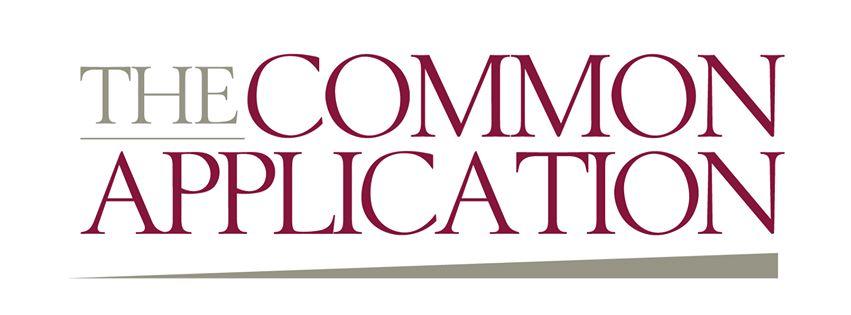Senior Maya Srinivasan has spent hours on the new Common App application website trying to reformat her college essays after the website experienced issues with spacing between paragraphs.
Meanwhile, seniors Evan Lee and Alvin Huang uselessly spent hours waiting for the PDF of their application to load and then for the application to finally send.
The Common App’s new application website, dubbed “CA4,” premiered Aug. 1. It has been fraught with technical glitches, further adding to seniors’ stress all across the country.
According to a press release, CA4 was redesigned to have “a modern, simplified user interface.” Yet in spite of two years of development and an $8 million expenditure, the site has crashed on multiple occasions and the organization has publicly apologized for the issue. At certain times of the day, mostly in the evenings, the website is noticeably slow, a problem some students attribute to the increase of online activity.
“I think it's just a matter of diverting online traffic somehow,” Huang said. “It's just because too many students are on it at once and trying to change [and] edit things that the site crashes.”
The new design has also been criticized for failing to save student information and removing formatting, forcing students to spend precious hours to fix the errors. Srinivasan has found the Common App’s technical issues frustrating.
“The most frustrating thing about the problems with [the] Common App is the amount of time wasted trying to format essays properly and submit everything just right without the system freezing or logging you out,” Srinivasan said. “The process is stressful as it is, but the glitches make it ten times more frustrating because the system failures are out of your control.”
As a result of the myriad of technical glitches, numerous colleges have pushed back early deadlines from the traditional Nov. 1 date to Nov. 8, including University of Chicago, Dartmouth College, Columbia University, and many others.
In spite of this difficulty, Lee believes that the Common App glitches are normal obstacles in the admissions process.
“I don't think it's really preventable; it's just something we have to deal with as seniors,” Lee said.
Huang avoided many technical glitches by inputting his information into the application early in the year. He also wrote his essays in Google Docs, so they were unaffected by the site’s saving glitches.
“Since I wasn't affected by the Common App malfunction, I can't say they're doing anything wrong,” Huang said. “From what I've heard, this year's version is much more efficient/user-friendly than versions of the past.”
However, the vast majority of students, parents and educators do not feel the same appreciation toward the new Common App, believing that the organization did not adequately test the site before releasing it to the public.
“Even though it may be difficult to program a software that can handle the uploads … of … thousands of students across the country, Common App could have been more sure and careful in testing their software,” Srinivasan said. “The difficulties with [the] Common App are making this more stressful and time consuming than it needs to be.”
























